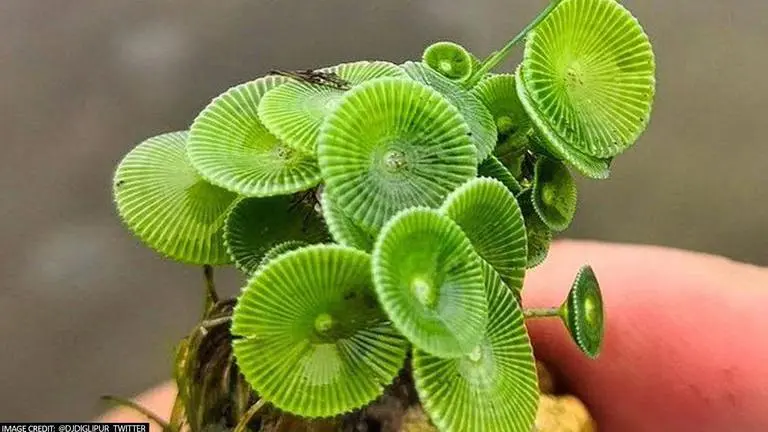Updated 18 August 2021 at 15:39 IST
'Mermaid' species of algae discovered on Andaman and Nicobar islands after 40 years
'Mermaid' species of algae is the world's biggest unicellular organism, both in flora and fauna, the species in the family only have one massive cell
- World News
- 2 min read

The reputation as a biosphere reserve is solely given to the Andaman and Nicobar Islands as they have been the subject of several scientific research on different species. A unique, new plant species have been discovered in the Andaman Islands archipelago. During a visit to the archipelago in 2019, Indian researchers found marine green algae.
More about the unique mermaid species
'Acetabularia jalakanyakae' is the label given to the algae by Punjab Central University researchers. A new type of algae has been identified on the islands after nearly 40 years. As per the researchers, the term "Jalakanyaka," means "mermaid" while translating it in the Sanskrit language. It has been referred to as Hans Christian Anderson's novel "The Little Mermaid."
Due to its exceptional form, the parent family of the species Acetabularia is also referred to as "mermaid's wineglass." Acetabularia is the world's biggest unicellular organism, both in flora and fauna. Despite their sizes ranging from 0.5 to 10 cm, the species in the family only have one massive cell.
The newly found organism has a leaf-like circular green shape with lines like designs are meeting in the centre, as per the researchers. Over approximately 2 years of rigorous verification, the experts concluded that they had identified these algae for the first time. The researchers examined this plant's DNA and matched it to those of other plants species over the course of 18 months.
Advertisement
According to Dr Felix Bast study who was the lead, described the newly found species as amazing. He further said that the caps of the plant resemble mermaids' umbrellas. The Indian Journal of Geo-Marine Sciences wrote an article on this research.
Several of the world's remaining well-maintained coral reefs, even a diverse range of other creatures as well as algae, may be found on the Andaman and Nicobar Islands.
Advertisement
The archipelago boasts almost 86% of its area occupied in luscious green rainy forests and is home to thriving coral reefs. These are oceanic ecosystems formed by marine invertebrates that produce ridge-shaped formations. Coral reefs enable the development of numerous creatures, including many kinds of green algae, which enhance and preserve the ecosystem in a variety of ways.
According to Dr Bast, increasing seawater temperatures are causing a drop in oxygen content in the ocean, posing a threat to anything that requires oxygen to thrive even in the case of this species.
(Image Credit: Twitter)
Published By : Anwesha Majumdar
Published On: 18 August 2021 at 15:39 IST
